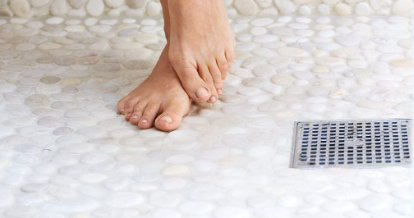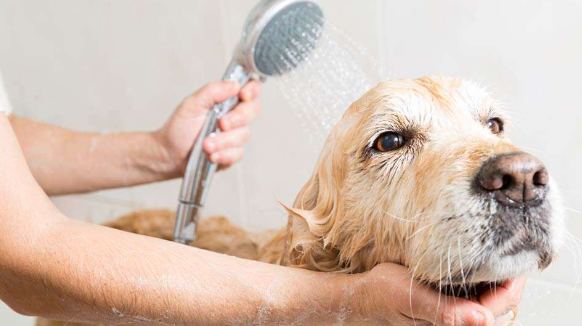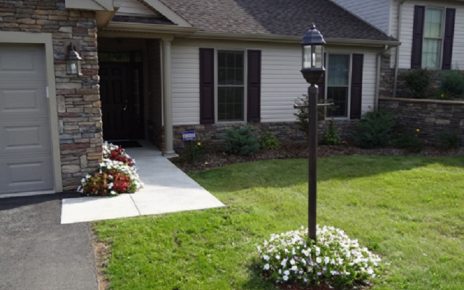Where our wastewater goes is something we rarely think about until there is a problem, such as a blockage, but it pays to spend time preventing your drains from becoming damaged to avoid costly repairs. Let’s take a look at how you can do this.

Act responsibly
There has been a lot in the media about increased incidents of ‘fatbergs’ blocking pipes in our major cities. Caused by what we throw down our sinks, these rock-like blocks of waste matter are made up of wet wipes, tissues, congealed oil and fat, and nappies.
The first thing to do is be careful with what we put in our sinks, making sure we use a drain guard to stop chunky bits of food from going into the drain, not pouring cooking fat into it, and only disposing of toilet paper in our loos.
Protect your drains
To ensure you don’t put yourself at risk of blockages, there are other steps you can take, including:
Regular checks
Make time to carry out regular checks on your drains, removing any debris and looking for signs of wear and tear. You might notice an unpleasant smell or a leak, which you should have checked by a professional before the damage gets too bad.
Pipe lining
If your property is old and the drains are in a state of disrepair, with corrosion causing tears, you can hire a professional to install pipe lining. This puts an inner sleeve inside the damaged drain to prevent further damage. If you are looking for sewer pipe lining Solihull, draining services companies such as https://www.wilkinson-env.co.uk/sewer-repairs-drain-lining-concrete-cutting/drain-repairs/solihull/ can explain what this entails.

Pet washing
If you have a pet that you regularly wash at home, be mindful of the hair that can quickly clog your drains. To stop this happening, put a flannel or small towel over the drain or plug to collect the hair and dispose of it in the bin.


